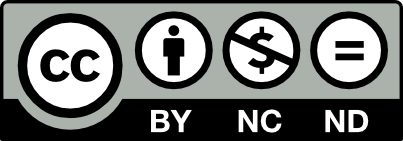Promoting Learner Autonomy Through Online Global Interactions Among ESL Students
DOI:
https://doi.org/10.24191/cplt.v11i1.2023Keywords:
learner autonomy, global learnings, global interaction, written reflectionsAbstract
The trend of teaching English as foreign language in the 21st century has changed from teacher centered to students centered paradigm which results the need of students’ autonomy in learning process. Accordingly, this research was aimed to depict how students’ interactions via online with their peers from a different continent in a global setting could promote 25 Diploma students’ autonomy in learning English as a second language (ESL) in Integrated Language Skills 11 course. This was a case study qualitative research by applying Thematic Analysis of the data. Students who participated in the global learning project between a Malaysian public university and a university from India were asked to write four written reflections based on their experiences during the four interactive sessions with the lecturers and peers from the selected country. Each session was given a specific theme. Students from both countries were asked to present the assigned tasks and had an active online discussion in google meet sessions. The analysis of the student’s written reflections revealed that the student’s participation in global learning activities successfully promoted learners’ autonomy by considering some facts such as students’ active participations through logging in and commenting others’ ideas; students’ control on deciding learning modes, setting, and materials; and students’ enthusiasm to finish the lecturer’s challenges. One interesting discovery was that shy students were more active in global learning sessions. Finally, this research suggests introducing global learning sessions in teaching content course.
Published
How to Cite
Issue
Section
License
Copyright (c) 2024 Sharina binti Saad, Rafidah binti Amat, Nor Asni Syahriza binti Abu Hassan

This work is licensed under a Creative Commons Attribution 4.0 International License.







